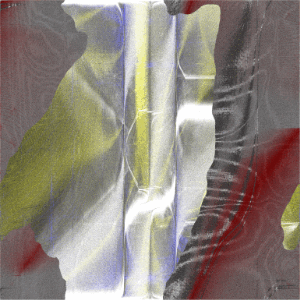Krusseldorf’s sound extends and advances the psychedelic ambient archetype with glitchy elements and sophisticated melodic development, making this an album that rewards repeated listenings with depth and variety.
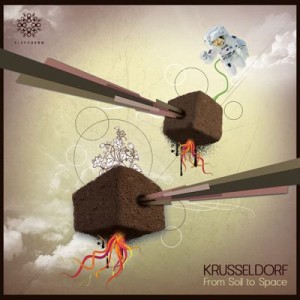
[Release page] From Soil to Space is Simon Heath’s fifth album under the Krusseldorf name and his first on Aleph Zero records, an Israel-based label run by psy-chill impresarios Shulman and DJ Shahar. Krusseldorf’s sound extends and advances the psychedelic ambient archetype with glitchy elements and sophisticated melodic development, making this an album that rewards repeated listenings with depth and variety.
“Geometrics” kicks things off with whirring, clicking atmospherics that develop and deepen into layers of percussion as the track opens up into lush low-tempo warmth. While melodically it’s almost a sequel or development to its predecessor, the next track “Boxing” glitches up the formula with a dubbed-out take on Mille Plateaux’ Clicks and Cuts series, a concept “The Cell” takes further still with rapid, precisely placed sub-bass hits underpinning a repeated string figure. “First Blood” returns us to the chillout room with an Eastern-influenced dub. Heath’s a classically trained pianist and composer and it’s this background which shines through the evolving keyboard lines on this epic track.
As you might expect, all the elements on display come together for the album’s title track. The cover and inset art blend the terrestrial with the celestial: flowers bloom seemingly in mid-air on the front while on the back, moonboot prints appear to cross a patch of earthly (rather than lunar) soil. “From Soil to Space” the song also embodies this contrast, with a weightless pizzicato line weaving its way over cthonic sub-bass. “Click,” true to its name, centers around a dropped marble effect ala Aphex Twin’s “Bucephalus Bouncing Ball” but with soft dubby pads behind it rather than frenetic acid house.
Heading into the back stretch of the album, “Deep Fulgin” brings time-stretched voices on top of bass throbs which live up to the “deep” billing. Bells toll in the far distance, funereal or perhaps simply warning. This is actually a great track with a slow burning groove to it. “Tokyo Nights” introduces the first recognizable vocals of the album, a haunting but uncredited and (to my ears) indecipherable female singer who works with a string arrangement and chimes to great effect. When reviewing ambient albums, I’m obliged to name-check Biosphere once per writeup, and “Soe Doe” is it for this one: its opening foghorn sounds like either a reference to or a direct sample from Substrata‘s “Sphere of no-form” — but interestingly, after a few blasts the character of the song changes entirely and moves back squarely into Krusseldorf’s métier: lovely keyboard melodies that move through several sonic iterations (piano, horn, plucked string) as a rolling bassline and intricate midtempo percussion propel the song forward.
“Deep into the Bowl” samples suspiciously smoky-sounding burbling water before launching us into slow dub territory that takes a sinister, distorted turn halfway through. I can’t really say too much else about “Choclop” because the previous one about did my head in, but it’s a pleasant enough excursion. “Zyclops” has the feel of a soundtrack to an intermezzo scene in a psychological horror flick, and, finally, “A Head Under The Towel” closes the album out on a very uplifting note, with straight rimshot-and-hihat drumming providing a nice acoustic counterpoint to the rest of the album’s pure electronic percussion as a jazzy modern piano line sends us off to dreamland.
There’s a lot of immaculately produced music here: 13 tracks over a full 72-minute runtime. Krusseldorf shows not only control of the technology at his disposal but a deep vocabulary of musicality and, more importantly, something to say with it.
From Soil to Space is released on Aleph Zero. [Release page]






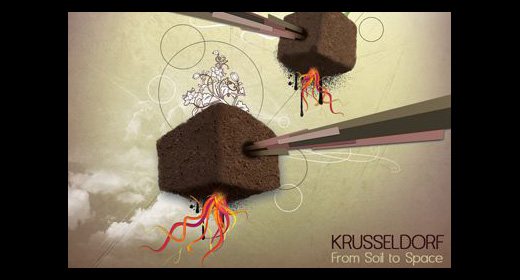




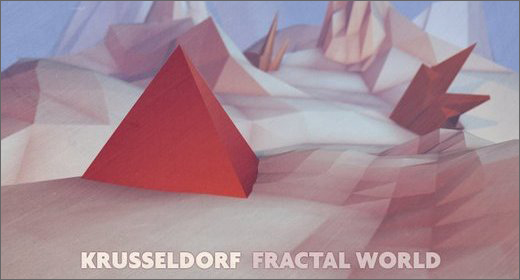
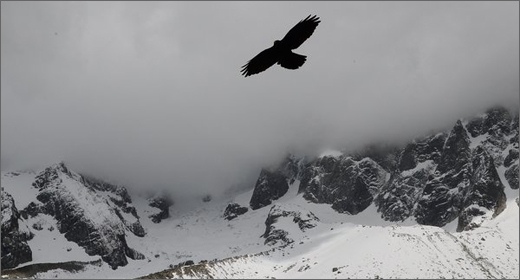
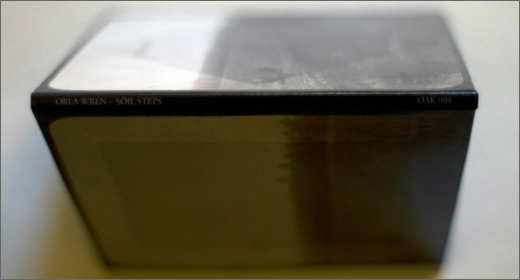

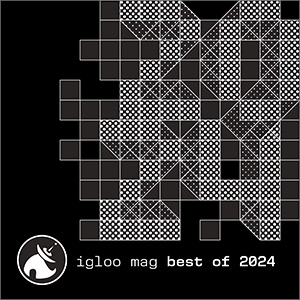



![Luke’s Anger :: Ceiling Walker EP (Love Love) — [concise]](https://igloomag.com/wp/wp-content/uploads/2025/04/lukes-anger-ceiling-walker-vinyl_feat-75x75.jpg)

![Ndorfik & madebyitself :: Solos EP (People Can Listen) — [concise]](https://igloomag.com/wp/wp-content/uploads/2025/04/ndorfik-madebyitself-solos_feat-75x75.jpg)



